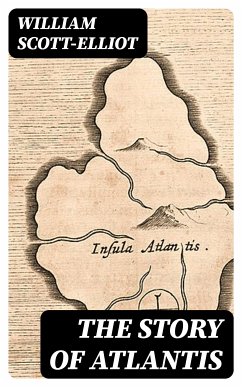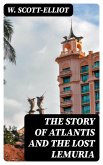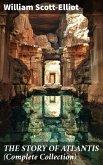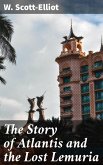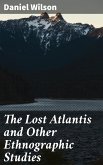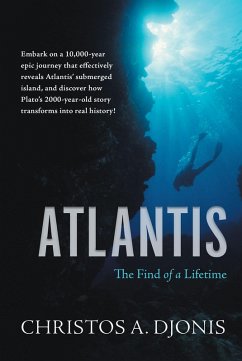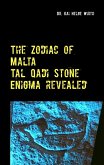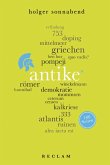In "The Story of Atlantis," William Scott-Elliot weaves a compelling narrative that seeks to blend myth with scholarly inquiry, offering readers a detailed account of the legendary lost civilization of Atlantis. Scott-Elliot employs a vivid and engaging literary style, skillfully intertwining elements of fiction and philosophy to reimagine Plato's original accounts. Set against the backdrop of the late 19th century, the book echoes the era's fascination with ancient myths and the occult, as well as the burgeoning interest in historical linguistics and archaeology, thus contributing a unique interpretation to the Atlantis narrative while inviting readers to ponder themes of utopia, human folly, and spiritual evolution. William Scott-Elliot, a British author deeply immersed in theosophy and spiritualism, was significantly influenced by the intellectual currents of his time. His keen interest in ancient civilizations and mystical traditions shaped his exploration of Atlantis, positing it as not merely a myth but a potent symbol of lost wisdom and idealism. Scott-Elliot's background in philosophy and mythology informs his careful crafting of a narrative that reveals both the splendor and the tragic decline of this fabled society, offering insights that resonate well beyond the confines of his time. "The Story of Atlantis" is a must-read for anyone captivated by ancient myths, historical mysteries, or the philosophical questions surrounding civilization and its discontents. Scott-Elliot's imaginative retelling invites readers to embark on a wondrous journey through time, challenging them to reflect upon the implications of humanity's quest for perfection amid the inevitable tides of history.
Dieser Download kann aus rechtlichen Gründen nur mit Rechnungsadresse in A, B, BG, CY, CZ, D, DK, EW, E, FIN, F, GR, H, IRL, I, LT, L, LR, M, NL, PL, P, R, S, SLO, SK ausgeliefert werden.

